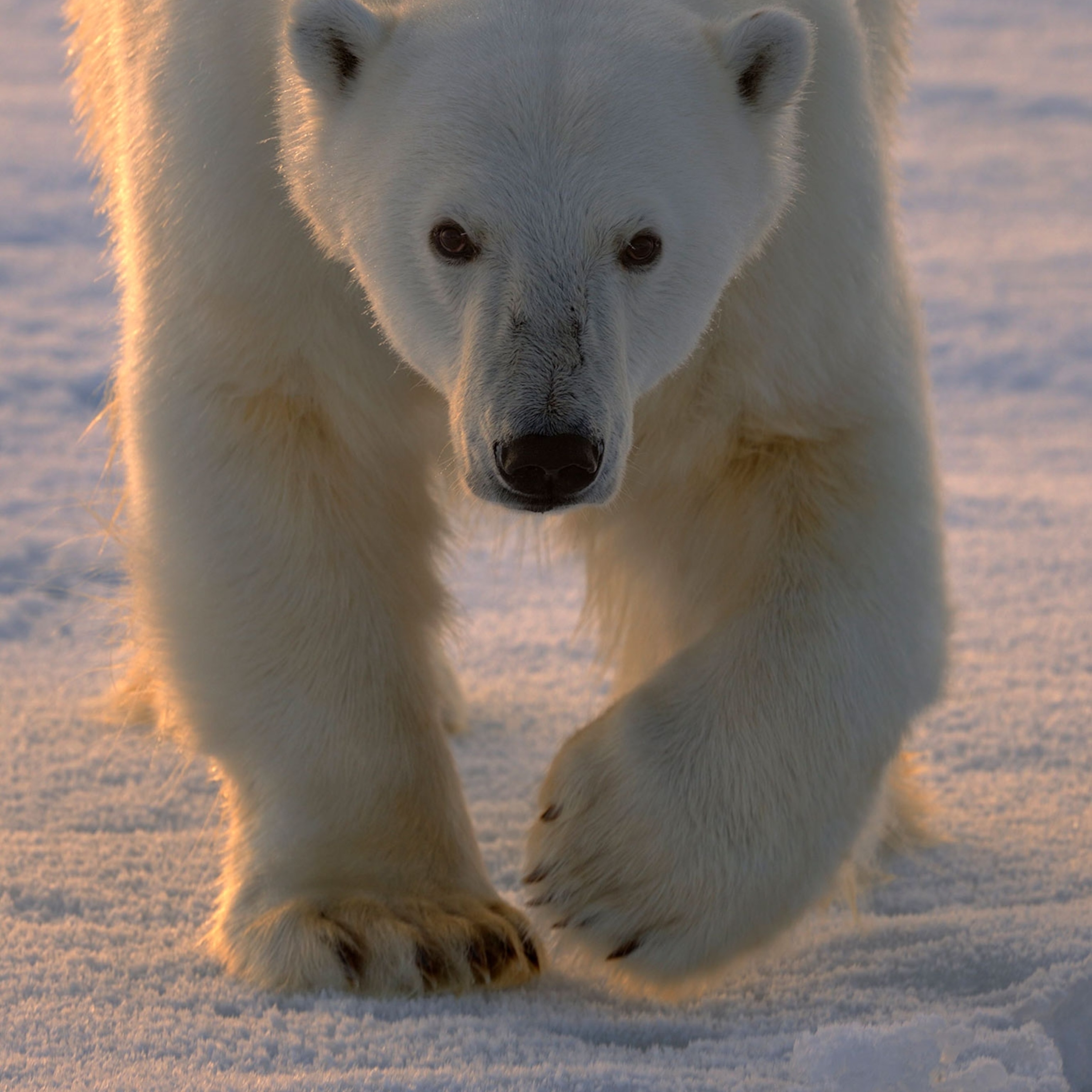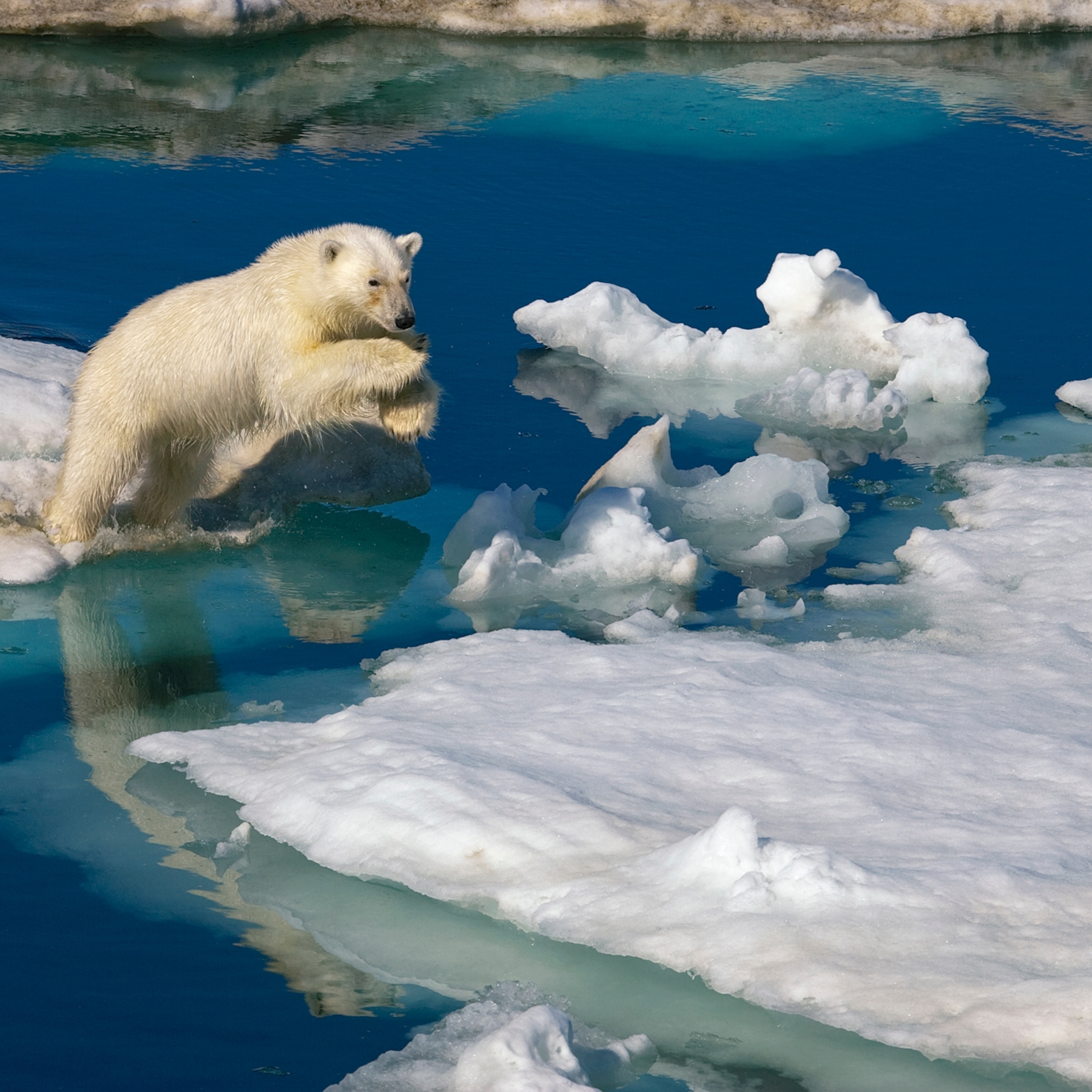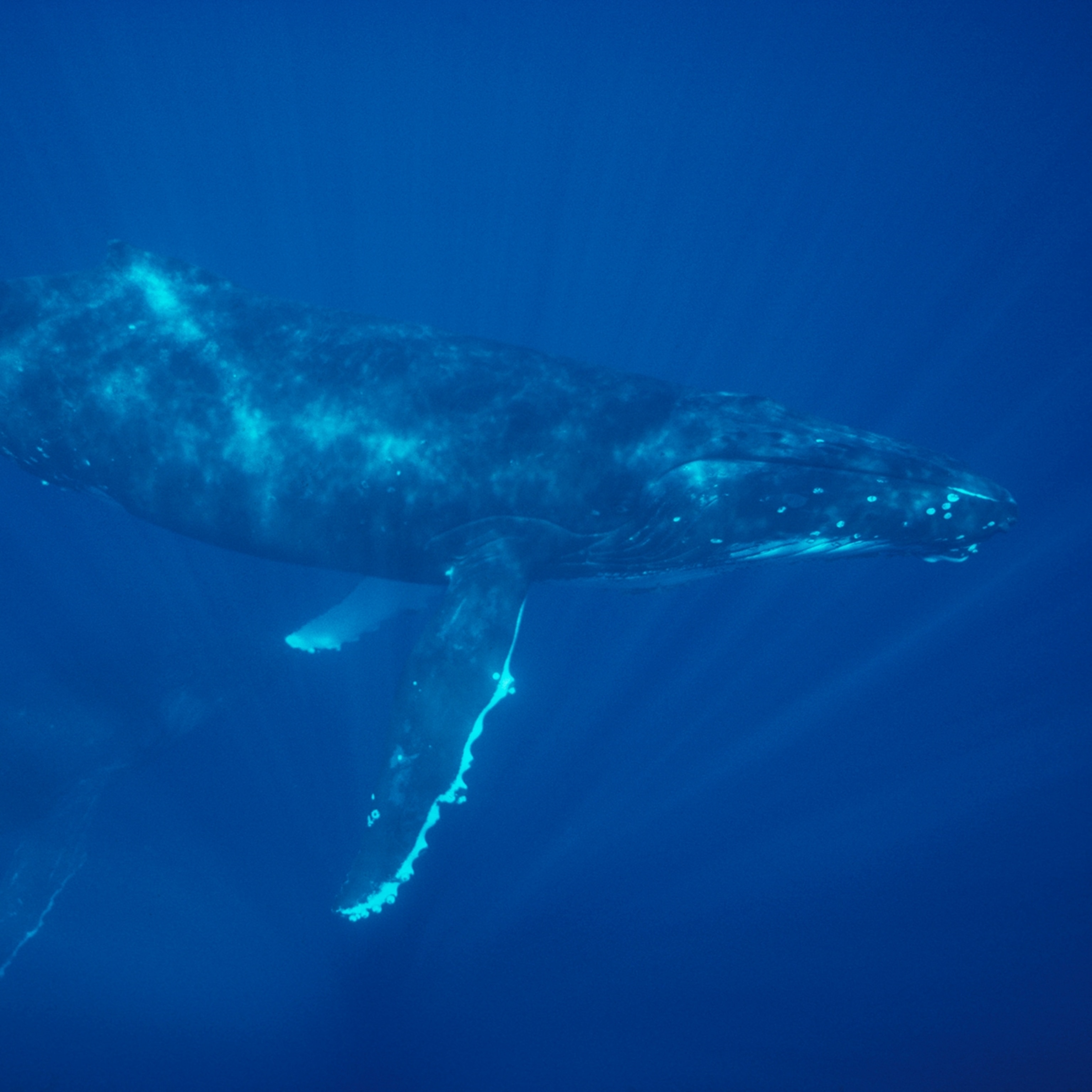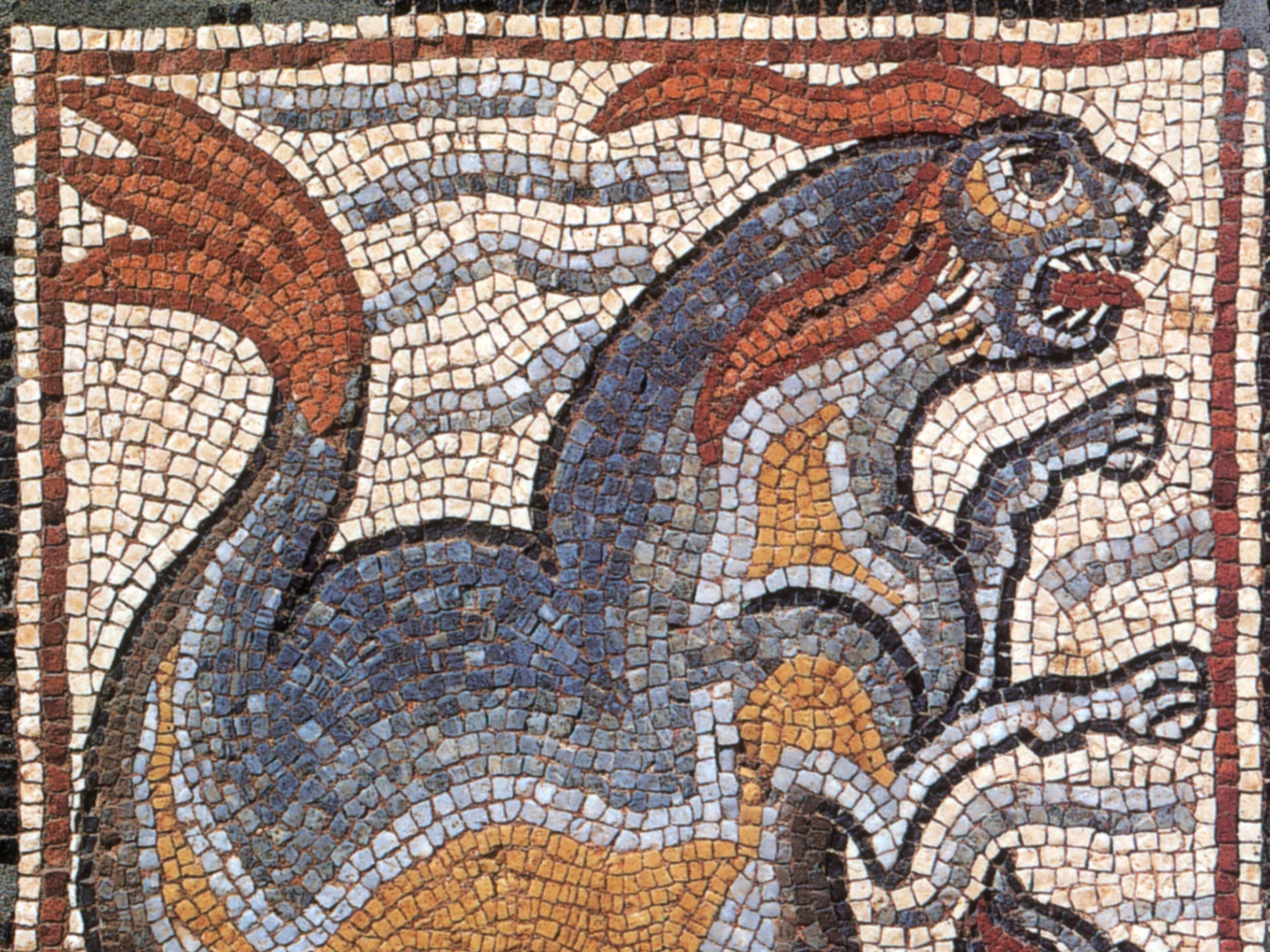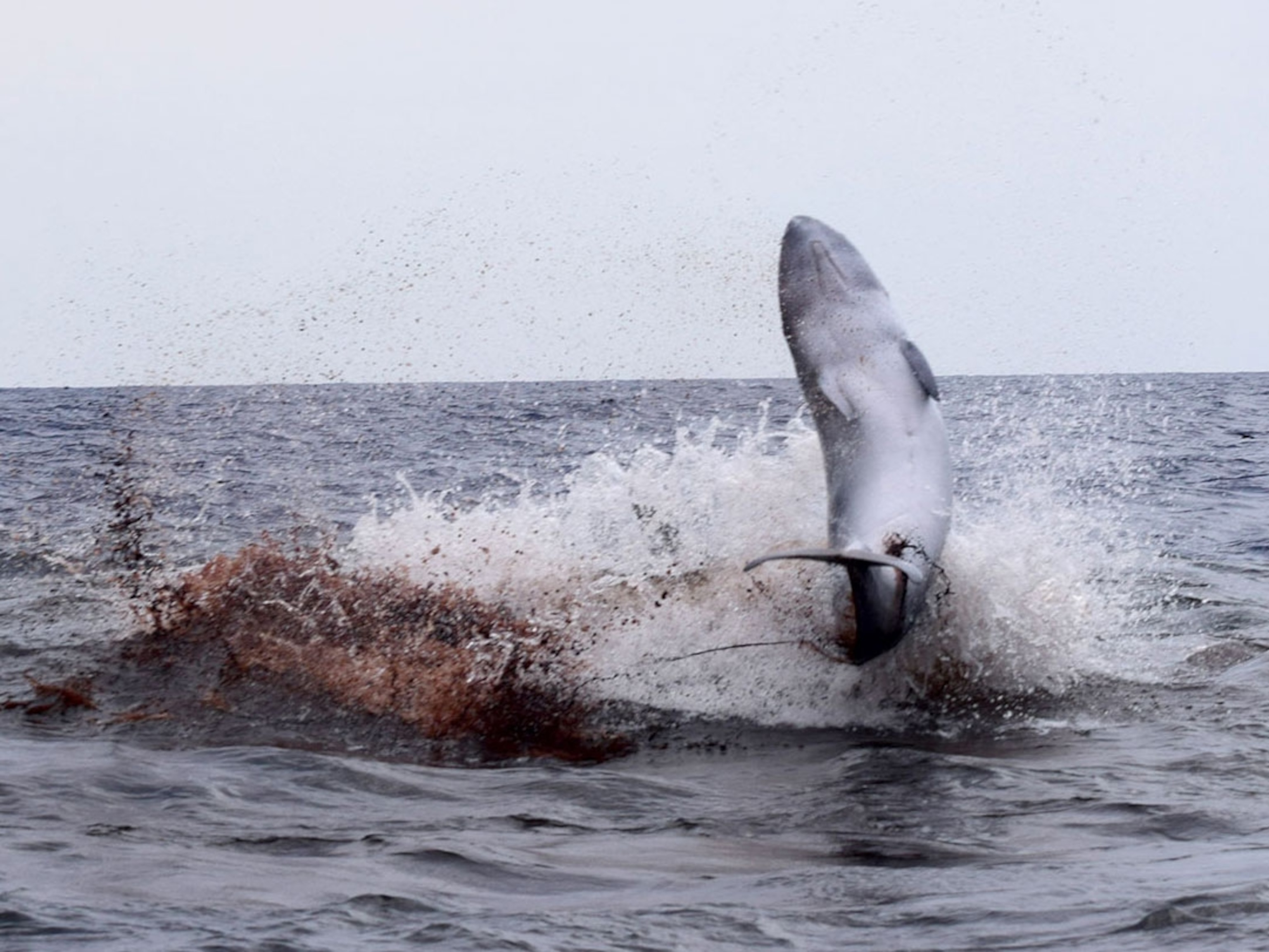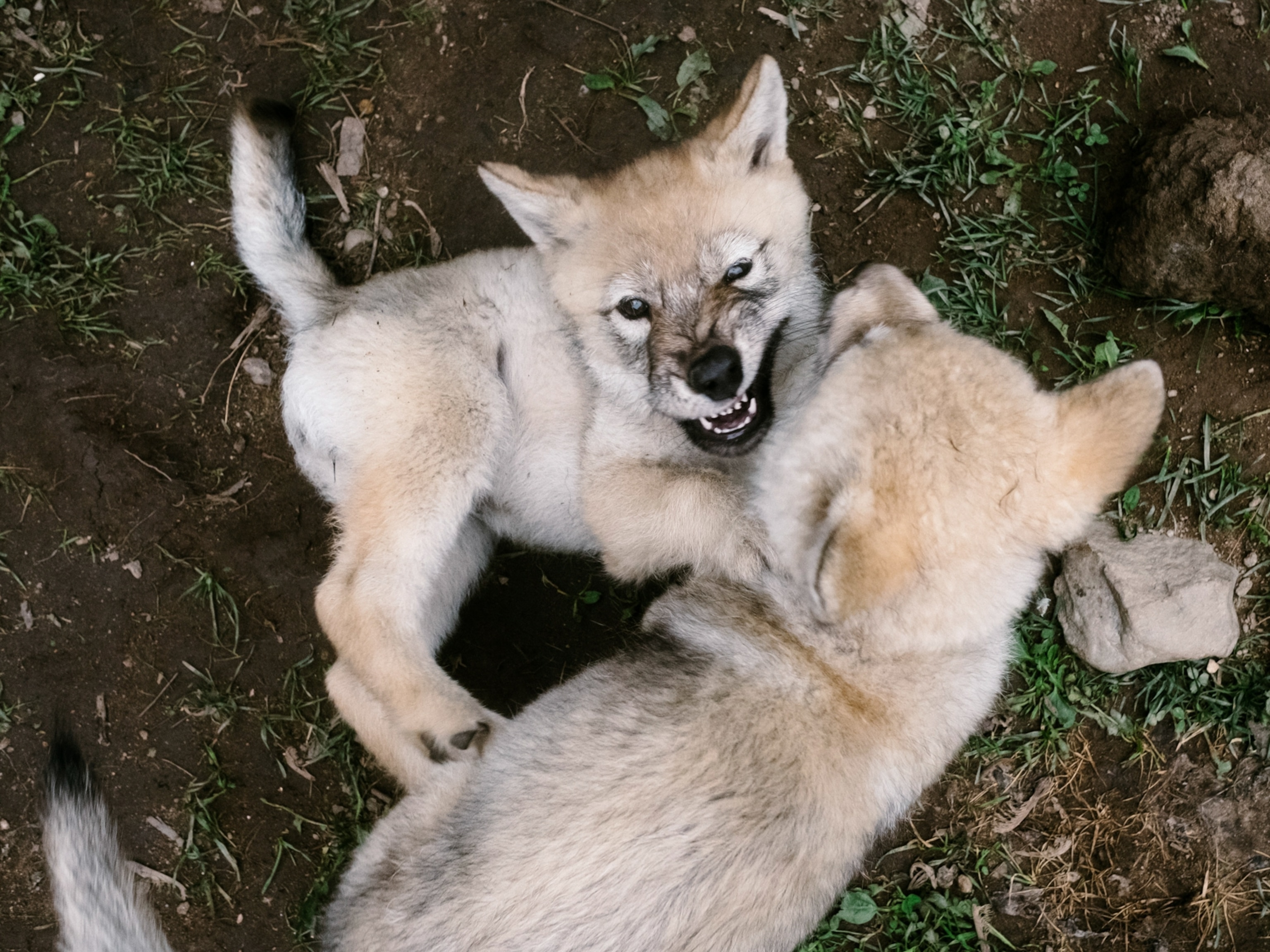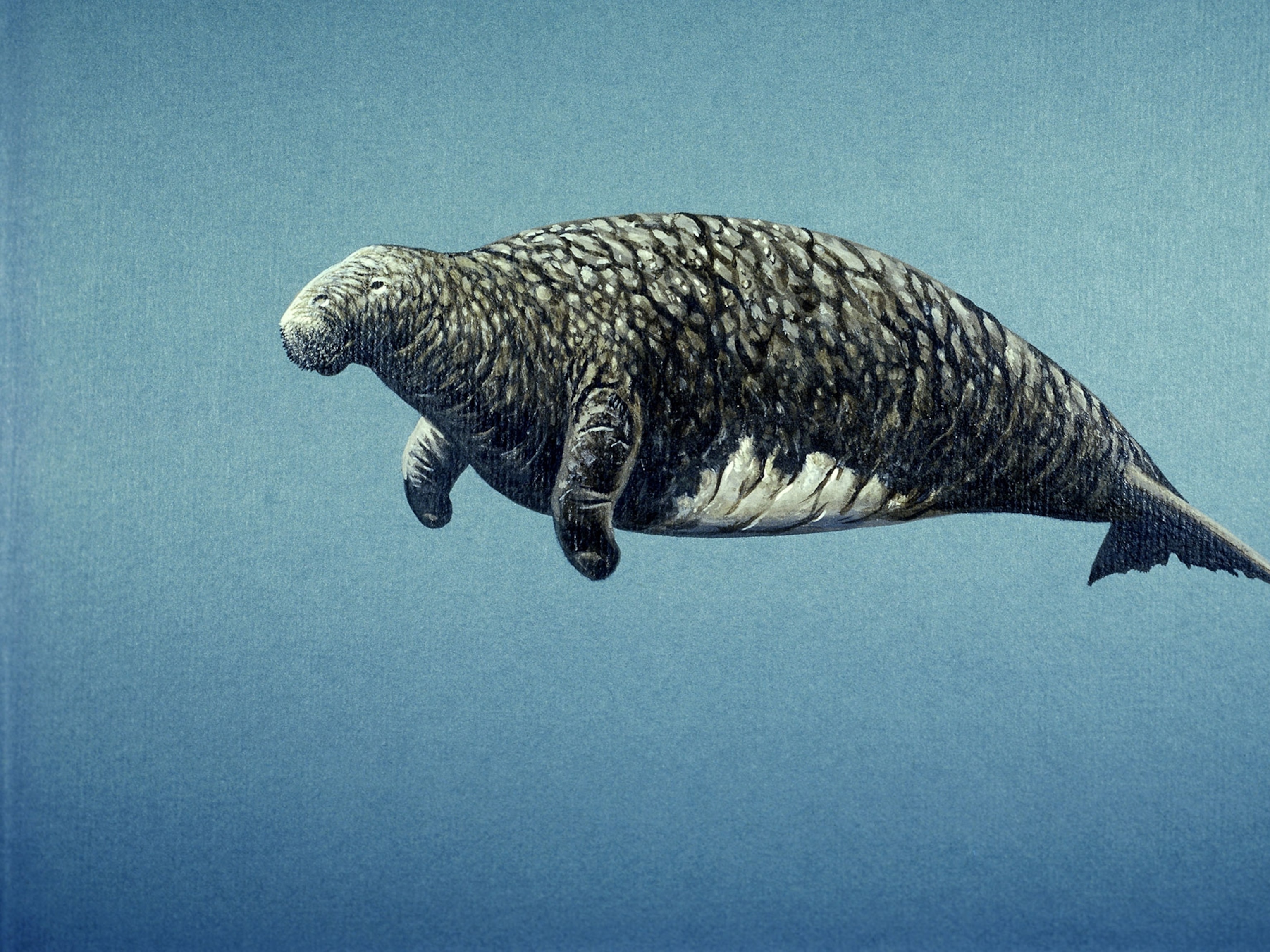
Biggest Walrus Gathering Recorded as Sea Ice Shrinks
More than 35,000 of the marine mammals have congregated in Alaska.
Scientists have photographed the largest gathering of Pacific walruses ever recorded, on a beach in northern Alaska, blaming climate change for the estimated 35,000 females and calves huddled beside the Chukchi Sea (map).
Federal biologists with the National Oceanic and Atmospheric Administration (NOAA) photographed the gathering, known as a haul-out, north of the village of Point Lay over the weekend.
It's hardly the first big walrus gathering to be documented, a fact noted by climate change skeptics. But scientists say the size of the gatherings are growing as climate change melts Arctic sea ice, depriving walruses of their sunning platforms of choice.
"The walruses are hauling out on land in a spectacle that has become all too common in six of the last eight years as a consequence of climate-induced warming," the U.S. Geological Survey wrote on their website Wednesday.
"Summer sea ice is retreating far north of the shallow continental shelf waters of the Chukchi Sea in U.S. and Russian waters, a condition that did not occur a decade ago," the USGS website says. "To keep up with their normal resting periods between feeding bouts to the seafloor, walruses have simply hauled out onto shore."
As the ocean heats up due to global warming, Arctic sea ice has been locked in a downward spiral. Since the late 1970s, the ice has retreated by 12 percent per decade, worsening after 2007, according to NASA.
Walruses were first spotted coming ashore in large numbers in 2007. In 2009, an estimated 3,000 walruses were seen; the number rose to 30,000 in 2011 and went back down to 10,000 in 2013. (Read "Ten Thousand Walruses Gather on Island as Sea Ice Shrinks.")
Scientists have seen large haul-outs on the Russian side of the Bering Strait for quite some time, says Anthony Fischbach, a wildlife biologist at the USGS in Anchorage. But since the first recordings of walrus gatherings in Alaska in the 1870s, groups of this size weren't observed until 2007, he said.
May 2014 represented the third lowest extent of sea ice during that month in the satellite record, according to the National Snow and Ice Data Center. (See "Shrinking Arctic Ice Prompts Drastic Change in National Geographic Atlas.")
"Being in Alaska, climate change is very apparent," said Lori Polasek, a marine biologist at the Alaska SeaLife Center, a research and wildlife rehabilitation facility in Seward. "That's the reason why we have lost summer Arctic ice."
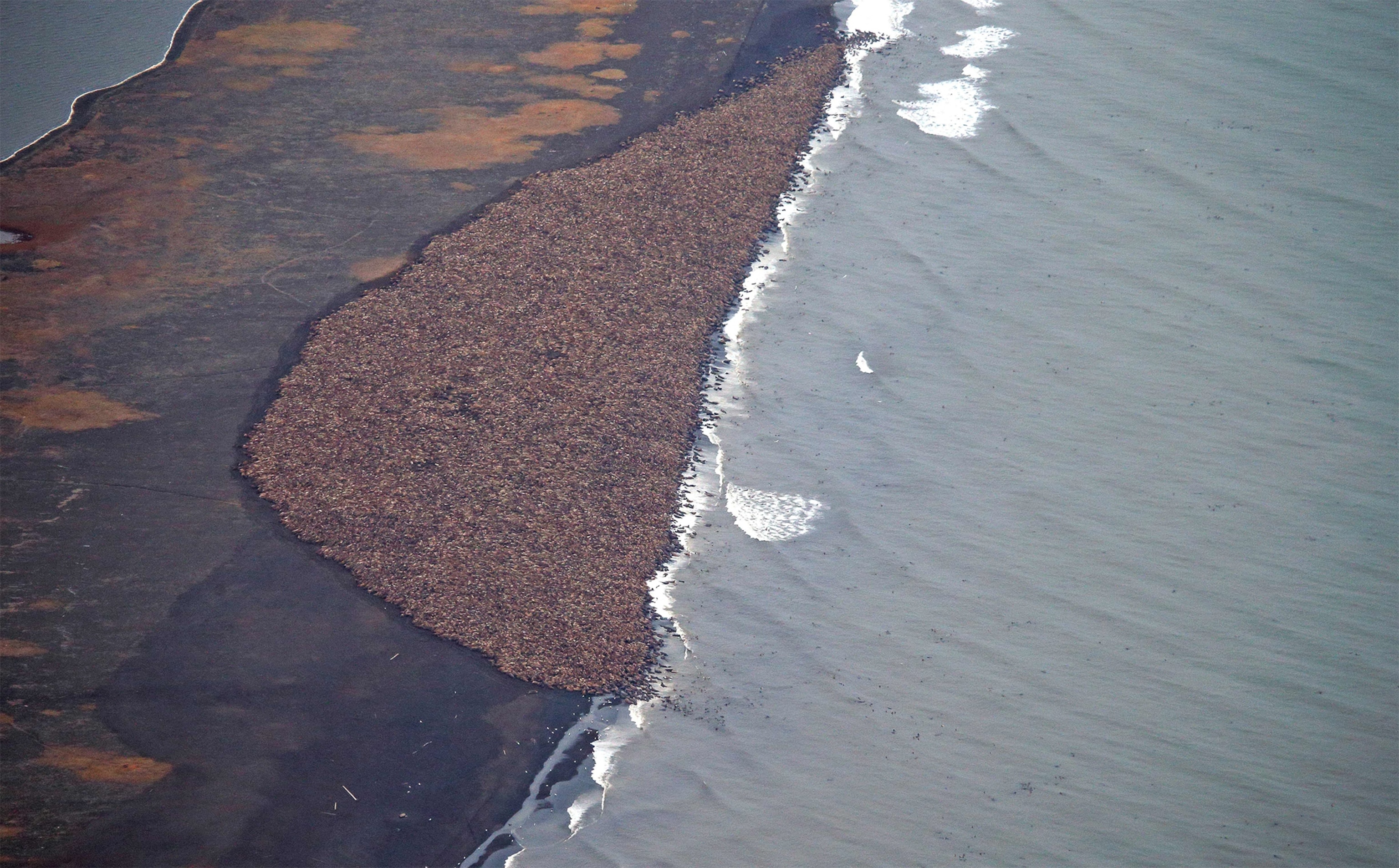
Following Bertha
Walrus gatherings are also a natural occurrence, Polasek said.
Walruses pull their bodies out of the water—or "haul out"—to rest or warm up on ice platforms or land. While it's not unusual for males to gather in large numbers on Alaska's shores, females typically prefer floating ice chunks as places to give birth, leaving calves on the ice when finding food.
Hauling out is partially convenience and partially walrus nature, said Polasek. The stretch of beach near Point Lay is close to Hanna Shoal reef, a prey-rich foraging ground.
The giant marine mammals are gregarious and tactile animals, swimming side by side in the water and sprawling all over each other on shore. And when it's time to haul out, walruses tend to play follow the leader. (See more walrus pictures.)
"Until one brave soul is willing to haul, they're all looking around and wondering, 'Hey, did Bertha just haul out?' Wherever Bertha or that brave soul picks, within hours, they'll all begin to haul out to [that place]," Polasek said. "They just want to be with other walruses."
Polasek predicts the herd will remain at Point Lay for two to four weeks. They'll return to the waters once winter ice begins to form. (See pictures of our melting world in National Geographic magazine.)
Can Walruses Adapt?
In general, haul-outs can be harmful to walrus populations, she said.
The International Union for Conservation of Nature (IUCN), which tracks the status of species worldwide, says there's not enough information about walrus population trends to say whether the species—which has three subspecies, the Atlantic, Pacific, and Laptev walrus—is in decline.
However, "climate change is expected to have negative consequences for Walruses, and particularly severe consequences for the Pacific subspecies," according to the IUCN website.
For one, calves are particularly at risk of disease and from stampedes. Upon a disturbance, whether that's a polar bear or a boat in the distance, walruses tend to rush to the water.
"The calves get trampled," Polasek said.
In 2009, about a tenth of the walruses that hauled out died. This year, at least 36 walrus carcasses have been spotted, according to NOAA. That track record does not bode well for the species.
"This shift to land of calf loss is large and population recovery is slow. If the ice continues to wane, they'll continue to come on land and you potentially have more stampedes. Then it'll be a pickle where [the population] can't recover," said Polasek.
Polasek added it's unlikely that the marine mammals can adapt to hauling out in large droves.
Though there may be no way to prevent disturbances like polar bears and other predators, human communities can learn to adapt to the animal's growing presence on land, she said.
"The village of Point Lay ... has laid out extremely concerted efforts to protect the herd," Polasek said. "They don't hunt in the herd. They direct vessel traffic away from the herd. They do everything they can to prevent human disturbances."
Follow Linda Qiu on Twitter.
